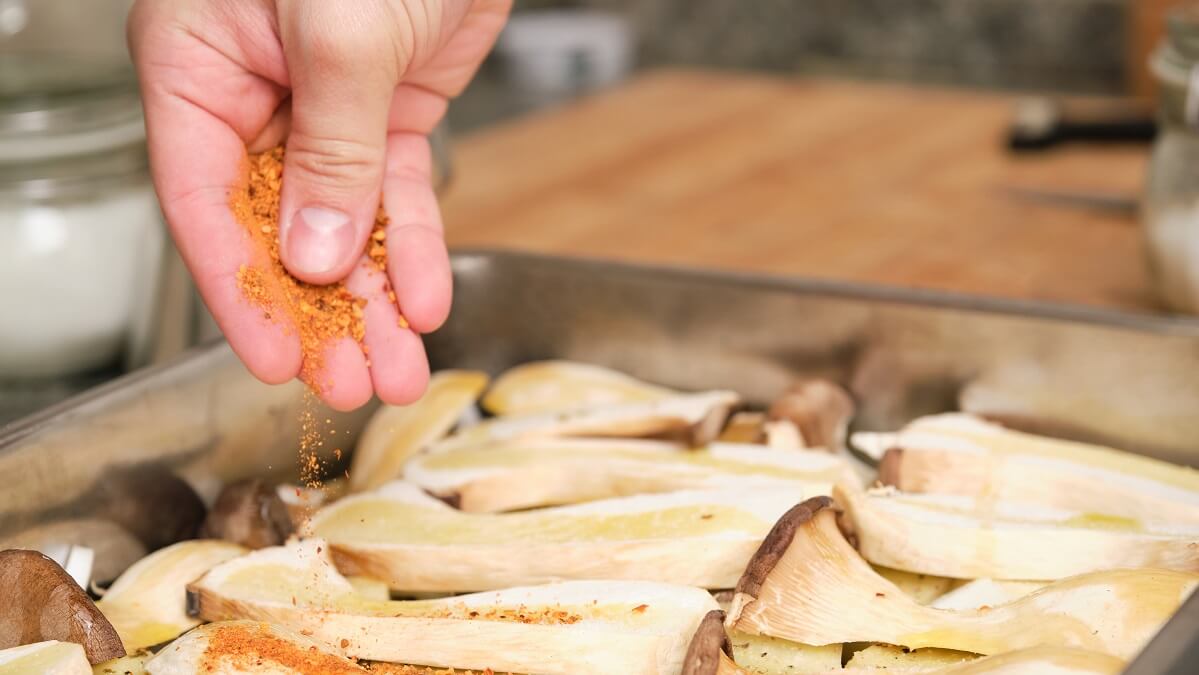If you’re a lover of cinnamon, then good news may be at hand.
A new study indicates that the popular spice significantly improves cognitive function and might be useful in preventing and reducing cognitive function impairment.
Cinnamon has long been used in traditional medicine, particularly in Asian countries such as China and India.
Derived from the inner bark of several tree species from the genus Cinnamomum, it is also popular as a flavour additive and aromatic condiment.
Interestingly, scientific studies investigating the validity of its use as a digestive have found no evidence to back that up.
But the science does reveal potential benefits in other areas, notably the brain.
The study, published in Nutritional Neuroscience in January, is a systematic review of 40 preclinical and clinical studies previously completed.
Those studies identified three components of cinnamon – eugenol, cinnamaldehyde, and cinnamic acid – as having the potential to positively alter cognitive function.
Several published results showed that adding cinnamaldehyde to a cell medium can reduce tau aggregation and Amyloid β.
The importance of the reduction in tau aggregation and Amyloid β has been known for some time, as the two are associated with a build-up of extracellular amyloid plaques and neurofibrillary tangles, both of which have links to Alzheimer’s disease.
It sounds like good news all round as far as cinnamon goes, so what’s the catch?
For starters, although the trend across the 40 studies was positive, only two of those studies were clinical studies involving humans.
Of the rest, 33 were conducted on animals, and five were in vitro (test-tube) studies. There’s nothing inherently bad about those methodologies, but many experiments that produce a particular result on animals such as rats or mice do not produce the same result in humans.
Far more weight is given to human clinical trials, which leads us to the second catch.
Only one of those two human studies actually yielded evidence of cinnamon having any positive effects. The other reported no changes in cognitive function at all.
There is certainly a possibility that cinnamon will help to stave of Alzheimer’s but more research, involving stricter clinical trials, will be required to confirm a direct link.
Neurosurgeon Dr Jonathan J. Rasouli pointed out that the two human studies did not have adequate control groups, meaning it is hard to draw a firm conclusion from the research.
“In order to definitively say there is a benefit, we will need a prospective, randomised controlled trial, and that is still pending,” he said.
If you are a lover of cinnamon, by all means include it in moderate amounts as part of a healthy diet.
It may indeed help you maintain cognitive function for longer, but we can’t be certain – yet.
Are you a cinnamon lover? How do you incorporate it into your diet? Why not share your thoughts in the comments section below?
Also read: Short burst of high-intensity exercise can delay Alzheimer’s


I use cinnamon daily sprinkled on breakfast yoghurt. If you use a lot, then you should get the Celon cinnamon rather than the cheaper cassia as it has more health benefits. I try and get the cinnamon bark and grate it just before using it. It’s a bit fiddly but well worth the effort for the better taste.
Cinnamon is also reputed to assist in better blood-sugar regulation.
I was a regular daily user until 2 years ago, when my taste changed after my bladder removal. Still find it very handy for cramps, gives a speedy solution to cramp in any external muscle. 75 now and reasonably good retention in the brain box. Fingers crossed moving on.
I usually take a 1/2 tsp of tumeric, 1/2 tsp of cinnamon, and dash of ginger in just 1/4 cup tap water, either first thing in morning or last thing at night, occasionally both times depending on whether my feet have swollen …I have noticed it helps with fluid retention..I dont mind the taste but you could add honey if taste is a problem.